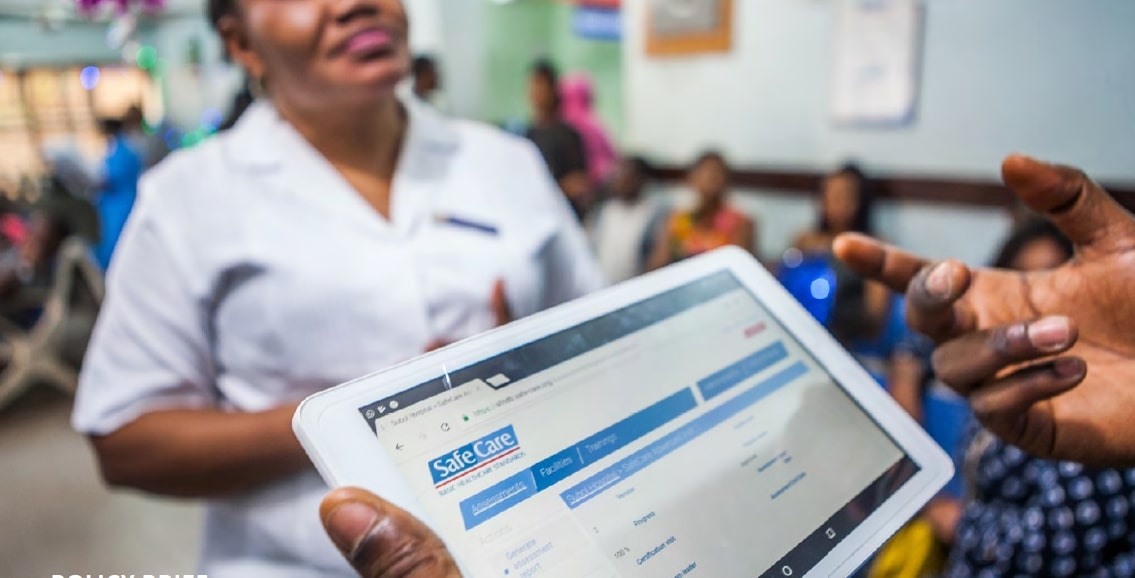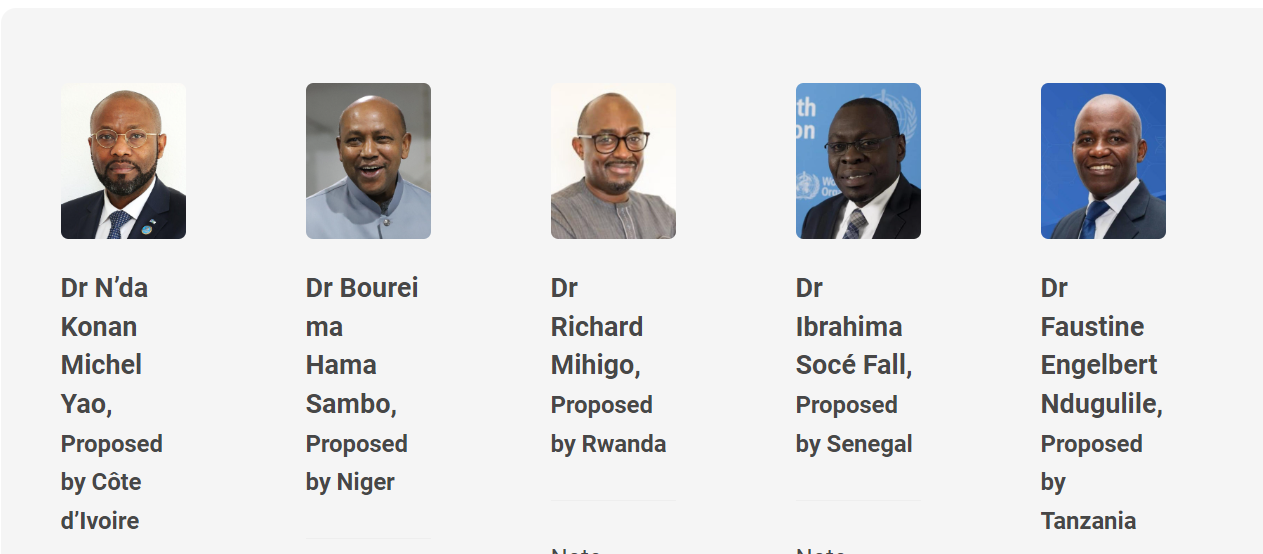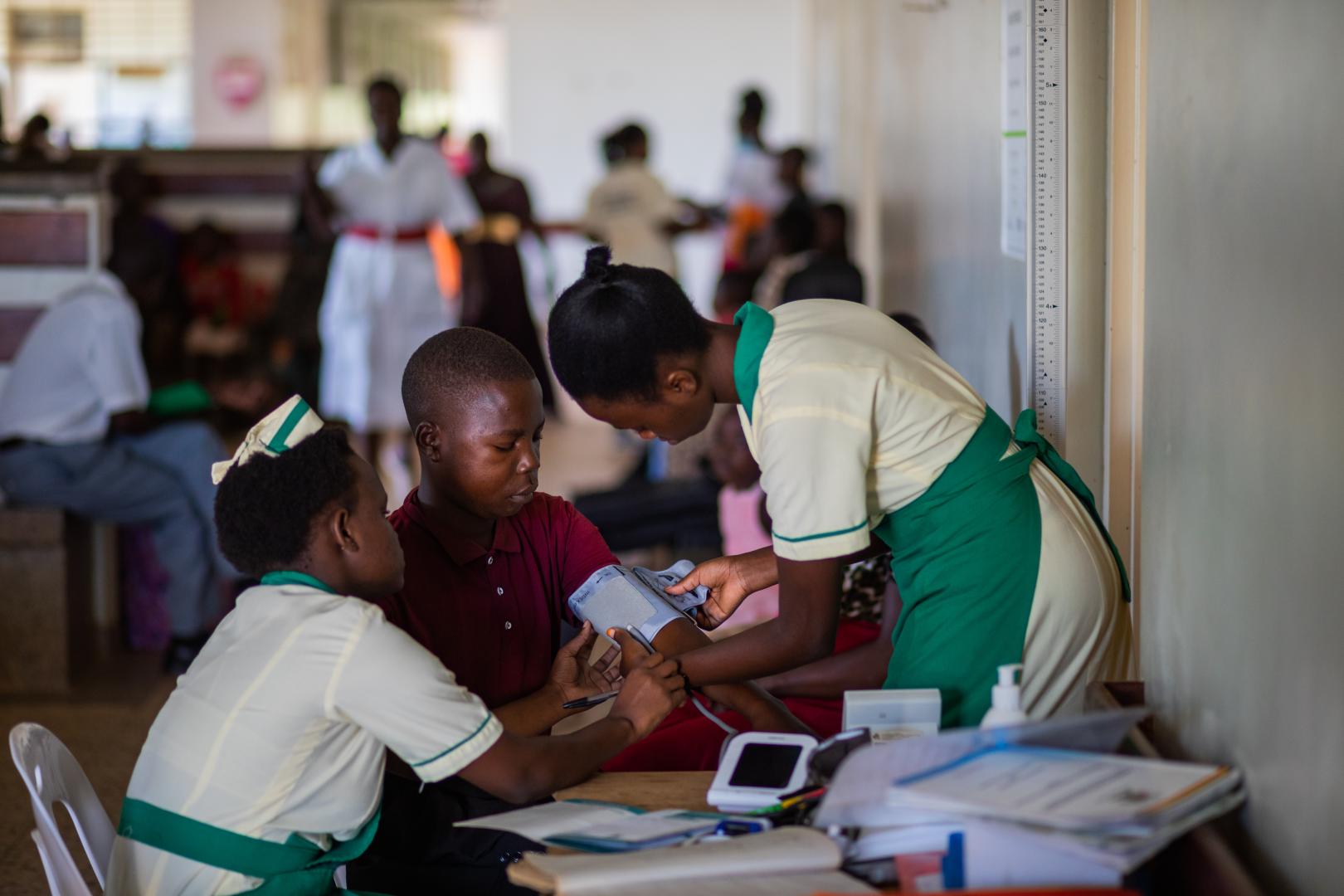- Poor quality health services hold back progress on improving health in low and middle-income countries
- Project uses digital tools to monitor performance, empower healthcare workers to improve patient care
- Innovative approach to be showcased at a prestigious summit in October, Zanzibar
Patients in low- and middle-income countries, including Tanzania often face daunting challenges in accessing quality healthcare. A shortage of facilities, limited human resources, inefficient resource allocation, and lack of health insurance contribute to this crisis. However, one initiative is offering a glimmer of hope and transforming the landscape of healthcare delivery, with palpable successes being recorded in Tanzania.
Over 800 health facilities across Tanzania have benefitted from the initiative, dubbed: Safecare, which is using a stepwise approach to build infrastructure, strengthen healthcare processes, and leveraging digital tools to monitor performance and client experiences. The stepwise process ensures there is continuous improvement.
The impact of the initiative was revealed at a Science Communication event in Dar es Salaam which brought together health experts to showcase the impact of their work on Tanzanian communities. The event was organized as a countdown to the upcoming 11th Tanzania Health Summit (THS) that will take place in early October in Zanzibar.
Dr. Peter Risha, Safecare Project Director from PharmAccess Tanzania, emphasized the importance of quality care as Tanzania works towards achieving Universal Health Coverage (UHC).
The project explored the challenges faced by healthcare facilities in resource-constrained settings, particularly the lack of insights into quality gaps. To address this, they have provided digital tools that empower healthcare workers to identify and address priority areas for improvement in clinical care.
Dr. Risha highlighted studies showing that more people die from poor care than from lack of access, citing a World Bank/WHO report which indicated that poor quality health services are holding back progress on improving health in countries.
Explaining how SafeCare tackles this challenge, Dr. Risha said, “SafeCare works with like-minded stakeholders to implement a stepwise approach to improving quality of care through incremental compliance to internationally accredited quality of care standards.”
He elaborated on the program’s digital aspect: “Digital tools that form part of the SafeCare approach provide insights that can be shared with managers for prioritization of resources towards better quality care.”
Dr. Risha explained that Safecare collaborates with stakeholders to implement a gradual improvement plan based on internationally recognized quality standards. Digital tools within the program provide valuable insights for managers, allowing them to prioritize resources for the greatest quality improvement.
Many facilities where the project was implemented, have seen significant improvements in quality through infrastructure upgrades, better care processes, and ongoing performance monitoring. Dr. Risha believes sharing these results will inspire and motivate further improvement in other facilities.
The initiate is striving for better quality care to saves lives, strengthens trust in the healthcare system, and lead to more efficient resource use. The project implementers believe that stepwise approach and digital tools offer a promising solution for improving healthcare quality within existing resource limitations.
In October this year, the initiative is expected to be showcased at a prestigious summit, the 11th Tanzania Health Summit which is expected to bring together over 1,000 health stakeholders locally and abroad in Zanzibar, will provide a platform to showcase the impact of various initiatives like SafeCare that are transforming healthcare across Tanzania. Stakeholders will share their experiences and best practices, fostering collaboration and accelerating progress towards a more robust healthcare system in the country.









